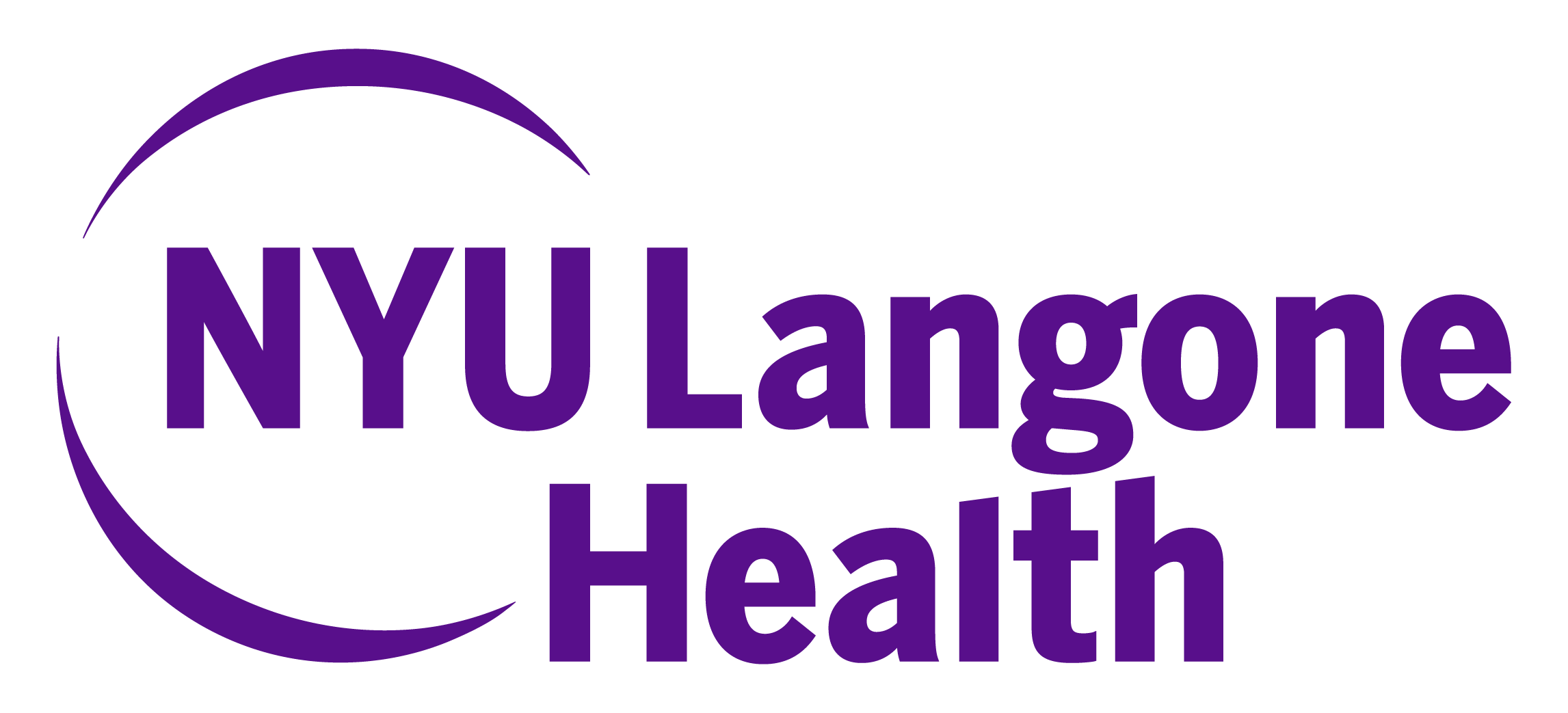- Advertise
- About OncLive
- Editorial Board
- MJH Life Sciences brands
- Contact Us
- Privacy
- Terms & Conditions
- Do Not Sell My Information
2 Clarke Drive
Suite 100
Cranbury, NJ 08512
© 2025 MJH Life Sciences™ and OncLive - Clinical Oncology News, Cancer Expert Insights. All rights reserved.
Dr Wise on Key Trials Establishing Treatment Intensification as a SOC in mHSPC
David R. Wise, MD, PhD, discusses key trials establishing the benefit of hormone therapy– or chemotherapy-based doublet therapy for patients with metastatic hormone-sensitive prostate cancer
David R. Wise, MD, PhD, assistant professor, Department of Medicine, Department of Urology, NYU Grossman School of Medicine, director, Genitourinary Medical Oncology, NYU Langone Health’s Perlmutter Cancer Center, NYU Langone Health, discusses key trials establishing the benefit of hormone therapy– or chemotherapy-based doublet therapy for patients with metastatic hormone-sensitive prostate cancer (mHSPC).
Efforts to intensify standard androgen deprivation therapy (ADT) in mHSPC gained substantial support after findings from the phase 3 CHAARTED trial (NCT00309985) and phase 2/3 STAMPEDE trial (NCT00268476) were reported, Wise begins. Before these trials, the standard treatment strategy for mHSPC in the frontline setting was ADT alone.
The CHAARTED trial investigated the addition of docetaxel to androgen suppression vs ADT alone. The trial demonstrated improvements in progression-free survival and overall survival (OS) with the addition of docetaxel, and confirmed the benefit of this strategy for patients with high-volume metastatic disease, Wise states.
Findings from the STAMPEDE trial of up-front abiraterone acetate (Zytiga), ADT, and prednisone with or without radiotherapy were reported soon after, Wise continues. Subgroup analyses revealed that patients with a low metastatic burden experienced a substantial survival benefit with abiraterone acetate plus ADT; there was no evidence of a treatment effect in those who had high metastatic burden.
Both trials established treatment intensification as the standard of care for patients with mHSPC, and provided the basis for several subsequent clinical trials evaluating the escalation of hormonal therapy in the first-line setting, Wise emphasizes. Studies of enzalutamide (Xtandi) or apalutamide (Erleada) plus ADT have shown similar results to those reported in CHAARTED and STAMPEDE, further substantiating the efficacy of doublet therapy in mHSPC, Wise adds. More recently, the combination comprised of ADT, docetaxel, and darolutamide (Nubequa) has been shown to extend OS in those with high-volume metastatic disease, Wise concludes.


